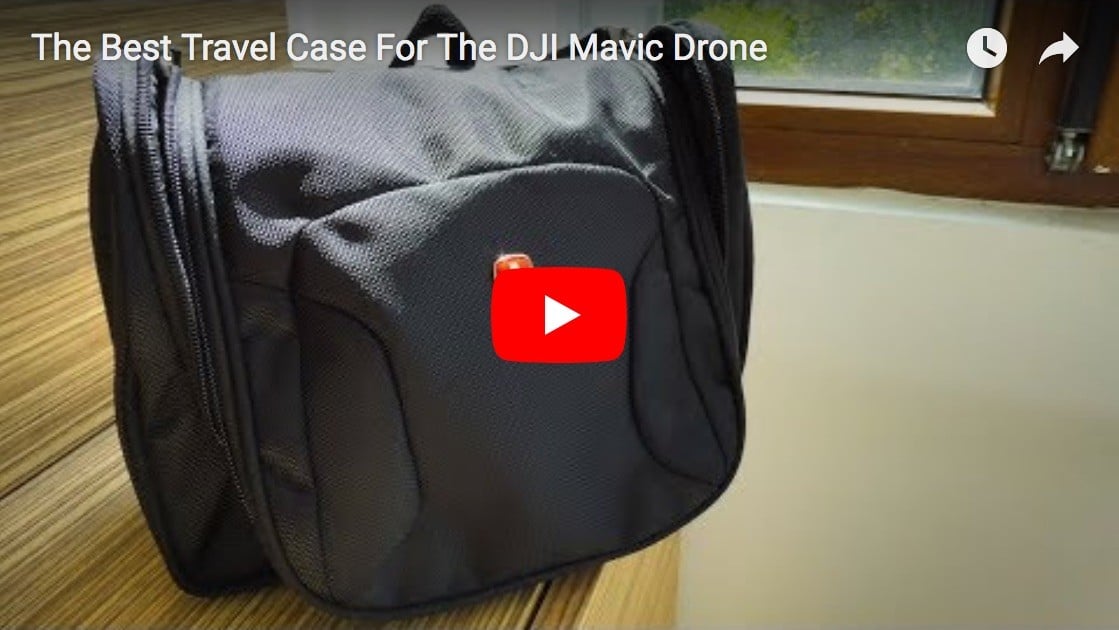A few weeks ago I answered the question on whether the original DJI Mavic Pro drone was still worth buying in 2018. At the time, there was no new Mavic Pro to compare it to and the 2016 original was still the ideal drone for travelers. Earlier this month, DJI announced the Mavic Pro 2 and the Mavic 2 Zoom, making the question is the Mavic 1 still worth buying even more relevant.
For those of you considering a drone to take on your travels, I break down the differences between the Mavics and compare them to the entire DJI lineup in the video above or you can read on below.
New Drones Simplified
The simplest way to break down the new Mavic lineup is to start with the Mavic original and the Mavic Zoom. They’re very similar drones except the Zoom has a 24-48mm lens you can use to get even closer to your subject. The sensor of the camera is the same size as the Mavic original and if you scroll down the spec sheet, there aren’t a lot of major differences. I’m talking at a high-level of course but if you look at the Zoom and Mavic Pro, it’s the zoom feature all the way.
Now the Mavic 2 Pro is something different. Better camera? Yes. And a much bigger, full one inch sensor (vs 1/2.3in) that has a color profile of a billion (vs 16 million)? Yes. In terms of the actual, physical drone, the Mavic 2 Pro is a lot like the original Mavic but the Hasselblad camera and internal hardware makes it clear DJI wanted to focus on a major improvement in video quality.
Physically, all of the Mavics have folding arms although the new Mavics weigh around 900 grams, 200 more than the Mavic 1. The newer Mavics are also quieter thanks to more efficient motors and have a 31 minute flight time whereas the Mavic 1 is only 27 minutes.

Pricing Points
Both Mavic 2s are improvements to the original Mavic. They’ve got better specs but higher prices as well – DJI didn’t drop the price of the Mavic 1 (still $999) and the Zoom runs $1249, the Mavic 2 Pro $1499. Those are odd decisions in pricing, because generally new tech products tend to maintain price points, especially when you consider both Mavic 2s are refinements, not revolutions in drone technology.
To Mavic Or Not To Mavic
Given the price points, DJI seems like they’re marketing these new Mavics to people who are primarily interested in videography. Obviously all drone owners, to an extent, care about video quality but it looks like they’re drawing a line at the Mavic Air. The Mavic Air and all of the DJI lineup below it are for people who want advanced selfie cameras and to take some fun videos occasionally – beyond the Mavic Air it’s everyone who’s more serious about video. In other words, if you’re planning to use Final Cut Pro to edit all of your drone videos into sleek YouTube videos, you should probably look at the Mavic Pro and beyond.
At $1499, the Mavic 2 Pro is bumping prices with the Phantom series where big drones begin. Unless video quality is your primary concern, you might want to take a look at the Mavic Air. As far as Mavic Pros go, the original is still an excellent 18 month old drone with a very current price.











